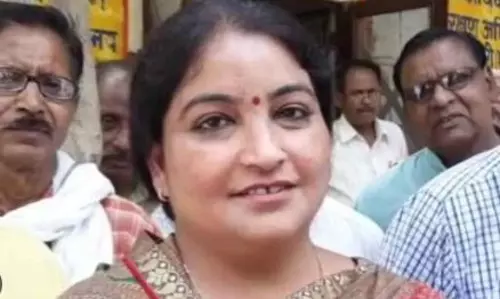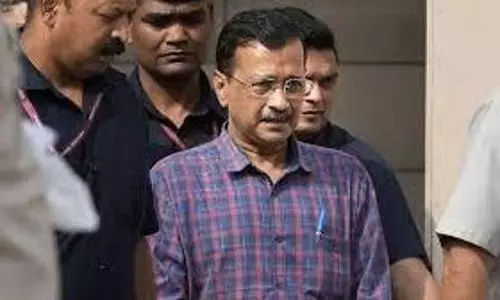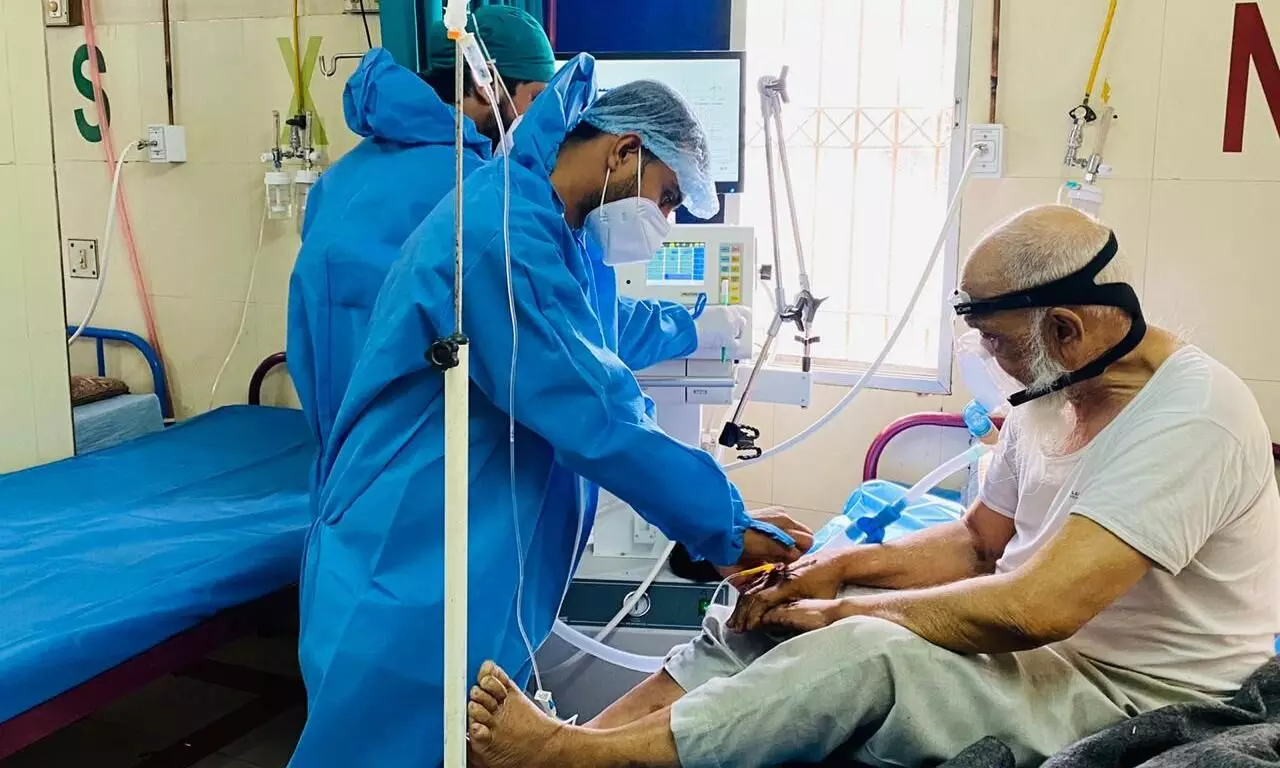
Muslims targeted by communalisation of pandemic: Report
text_fieldsThe vilification of India's 195 million Muslims by the media after the Tablighi Jamaat conference in New Delhi in March 2020 amid the coronavirus disease (covid) has prompted a women's collective to record and study the experiences of those working at the forefront of relief work and advocacy efforts during the deadly pandemic.
In its 40-page, just-released report, Bebaak Collective, a grassroots women's group campaigning for the rights of Muslim community and other marginalised sections, has concluded that the Tablighi Jamaat event became the starting point and the basis for the large-scale communalisation of covid which led to the discrimination and violence against the world's third largest population what with even the State authorities implicitly facilitating this hate campaign over the last one year.
The report, 'Communalisation of Covid-19: Experiences from the Frontline', based on interviews with different groups and individuals from seven states and Union territories, says that Muslims were quickly equated with the 'virus' and the 'disease' itself, and the mainstream media even used misleading statistics and fake stories to portray Tablighi members as 'human bombs,' 'terrorists,' 'super spreaders,' and 'betrayers'.
Volunteers of Bebaak Collective spoke to activists, organisations, relief groups and individuals from Maharashtra, Karnataka, Uttar Pradesh, Gujarat, Rajasthan, Madhya Pradesh and Delhi working in areas of health and education, and their experiences showed how, at the ground level, the propaganda around the fear of Muslims as 'virus carriers' had a debilitating effect on their status as citizens of India, home to 10.3 per cent of the world's Muslim population.
The report stated that television news channels used derogatory and communal catchphrases dehumanising the Muslim community, adding that the synchronised working of the media, the police and state authorities reflected in the communal seizure of institutions and led to the discrimination, violence and exclusion faced by the community.
"In the absence of state institutional support and the ever-present threat of being targeted, they grappled with the uncertainties of the pandemic by bearing a disproportionate burden on their physical, economic, social and psychologicalwell-being," stated the document.
What's more, the National Human Rights Commission, National Commission for Women and various State Minority Commissions, who are supposed to act as watchdogs against the State's excesses and the targeting of a minority group, also did not take cognisance of the atrocities committed against Muslims for months on end in a country where access to health care, information and entitlements is even otherwise impaired by class, caste, gender and religious determinants.
The exhaustive report documenting the experiences of those on the frontline during the pandemic--people who were carrying out relief work, providing rations, helping migrant workers, working with communities and acting as the conduit between people and their rights—has been authored by Hasina Khan, Khawla Zainab and Umara Zainab.
























